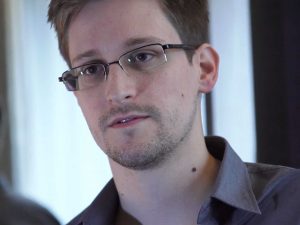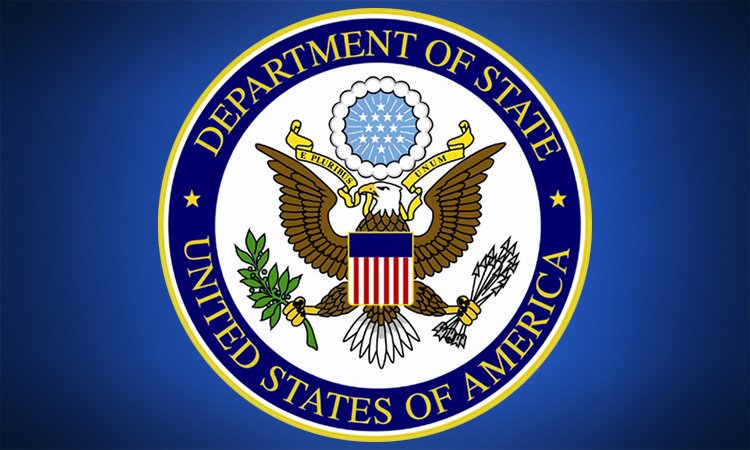By: Quinn Rogness

In a pre-vacation press conference, President Obama defended National Security Agency (NSA) surveillance programs that have been launched into the public eye ever since Edward Snowden’s viral intelligence leak concerning various top-secret security programs was launched into the mass media in June. Since the leaks, Snowden has been on the run from Hawaii to Hong Kong to Moscow, seeking asylum after being charged with espionage by the United States government. A media firestorm has broken out in regards to this hot topic, and some concern has been voiced by the American public. However President Obama has made assurances that the NSA is not spying on Americans without warrants, and that there are adequate checks and balances to all security programs and NSA activity. What exactly has been leaked, though? What do these programs do, and is Snowden’s information entirely accurate? Are ordinary Americans’ rights and privacy being intruded upon been by an overstepping government? How will security policy change because of the leak?
The saga all began on Jun 6, when Snowden appeared in a series of video interviews with journalist Glenn Greenwald, releasing details of the information and documents he had leaked. One of the most damaging leaks was information about PRISM, an electronic data-mining surveillance program used to collect communications records. The program collects the communications information of phone calls that have been made, but these records can be legally accessed without meeting requirements set forth by Foreign Intelligence Surveillance Act (FISA). The surveillance program monitors what phone numbers call each other and the times at which these calls take place, providing contact records for the government should a person be subject to a criminal or suspected terrorist investigation. Despite the legal requirements, The Washington Post has found abuse, including an incident where the NSA was supposed to be monitoring a “20” area code (international dialing code for Egypt), but in fact they were actually monitoring a “202” number (area code for Washington D.C.). The NSA has also been accused of holding on to over 3,000 documents that it had been ordered to destroy by a FISA court due to the unlawful nature by which these documents were obtained. These incidents show that despite the measures in place to stop abuse, isolated occurrences of unlawful surveillance can still occur. Further evidence shows that many large, tech companies such as AOL, Yahoo, and Facebook are hesitantly cooperating with the government in regards to providing communications data to the NSA. The existence of these programs are hardly a surprise to anyone, yet as with any form of surveillance, there is high potential for abuse.
On Friday, August 9, President Obama held a press conference addressing the need for checks and balances in relation to NSA surveillance programs. However, President Obama at best seemed to be paying lip-service to the need for abuse-preventing measures, arguing that effective oversight was already in place. The president reiterated that the government is not interested in spying on the average American, and that these are necessary counter-terrorism surveillance measures. The president did however remain open to the possibility of working with Congress to expand oversight of these programs, and while it is yet to be seen if there will be any progress on the matter, this acknowledgment can be taken as a positive development for civil-libertarians and those concerned with privacy rights.
On the whole, Snowden’s leaks have not caused any sort of mass outrage in the American public. It is hardly a new revelation that the government is “spying” on people, and one can come to the conclusion that while there may be isolated cases of abuse, most ordinary people will not have their privacy violated. Surveillance technologies and other intelligence-gathering advances are rarely struck down; there are rarely regressions in terms of what the government can and cannot do when it comes to collecting and monitoring data. Privacy advocates will continue to sound the alarm of government intrusion, sometimes with valid reason, but will likely be incapable of reversing any existing surveillance. However, they may be able to slow advancements, which will allow for more debate and more oversight of these programs. With 21st century technology comes a need to balance privacy and security, and this continuous debate will be one of the most frequently-discussed themes defining our generation.

